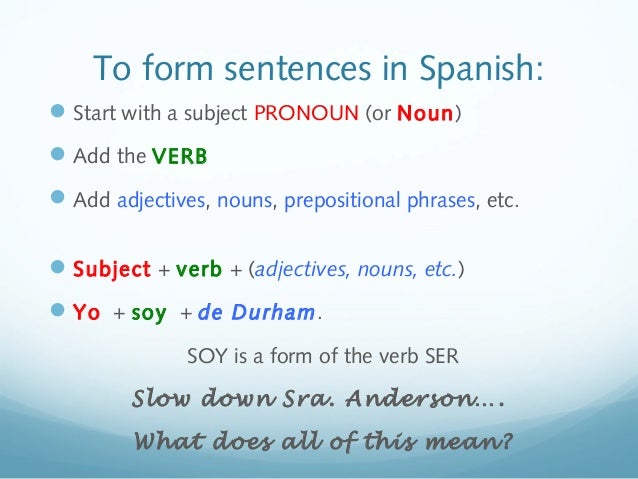

Getting someone’s attention: “Excuse me!” “Pssssst.” “You there!”.Writers use interjections to make written dialog sound more like a natural spoken conversation.Įxamples of interjections like this include: When we speak, we don’t always say everything in complete sentences. You know: “I think, you know, that we should, you know, do it now.”.Er: “I forgot to, er, ask for permission.”.Um: “I’m here to, um, talk about, um, my project.”.Here are some examples of interjections that show pause or silence: So, writers use interjections to show the readers when a person is pausing or hesitating while speaking. While your readers will understand what these interjections mean, they don’t use them in their own modern speech.Įxamples of old-fashioned interjections include:Īnother challenge that writers face when writing a novel or short story is indicating pauses in speech. One way to achieve this is by using interjections that people recognize as sounding old-fashioned. If you’re writing a short story that’s set in the past, one challenge is reconstructing dialog to match the speaking patterns and vocabulary of another time. So, instead of describing feelings in detail, writers use interjections to express feelings in fewer words.Įxamples of feelings and associated interjections include:

Writers prefer not to spell out everything that’s going on in a scene, but rather, they give the reader clues through literary devices such as sensory imagery and interjections. Here are the most common functions of interjections. Interjections are a literary device that writers use all the time, especially in short stories, novels, and other types of fiction. The interjection is sort of the king of its own hill.īut when you remove an interjection, you might change the meaning of the sentence or make the sentence less emotive or intense.

As a matter of fact, a lot of interjections can be their own sentence and don’t even need any other words. It doesn’t modify anything, and nothing else will modify the interjection. It isn’t dependent on anything else in the sentence. A verb needs a noun, but an interjection stands alone. Usually, a part of a sentence will be directly connected with another part of the sentence. In fact, if you remove an interjection from a sentence, the sentence will still be grammatically correct. That means that you can’t modify an interjection with an adjective, and you don’t need to form a complete sentence with an interjection. Grammatically speaking, interjections are independent from the words around them. They add a lot to the dialog to set the tone of a conversation or express a character’s emotion. Interjections are usually found by themselves in their own sentences or at the beginning of a sentence followed by a comma. Interjections are words or phrases that people say to express a strong feeling or a sudden emotion.
#Decelerate in a sentence movie
Proven methods to unleash your creativity and brainstorm bestselling, high concept book and movie ideas | By Jessica Brody, Writing Mastery Explore Course What is an interjection?


 0 kommentar(er)
0 kommentar(er)
